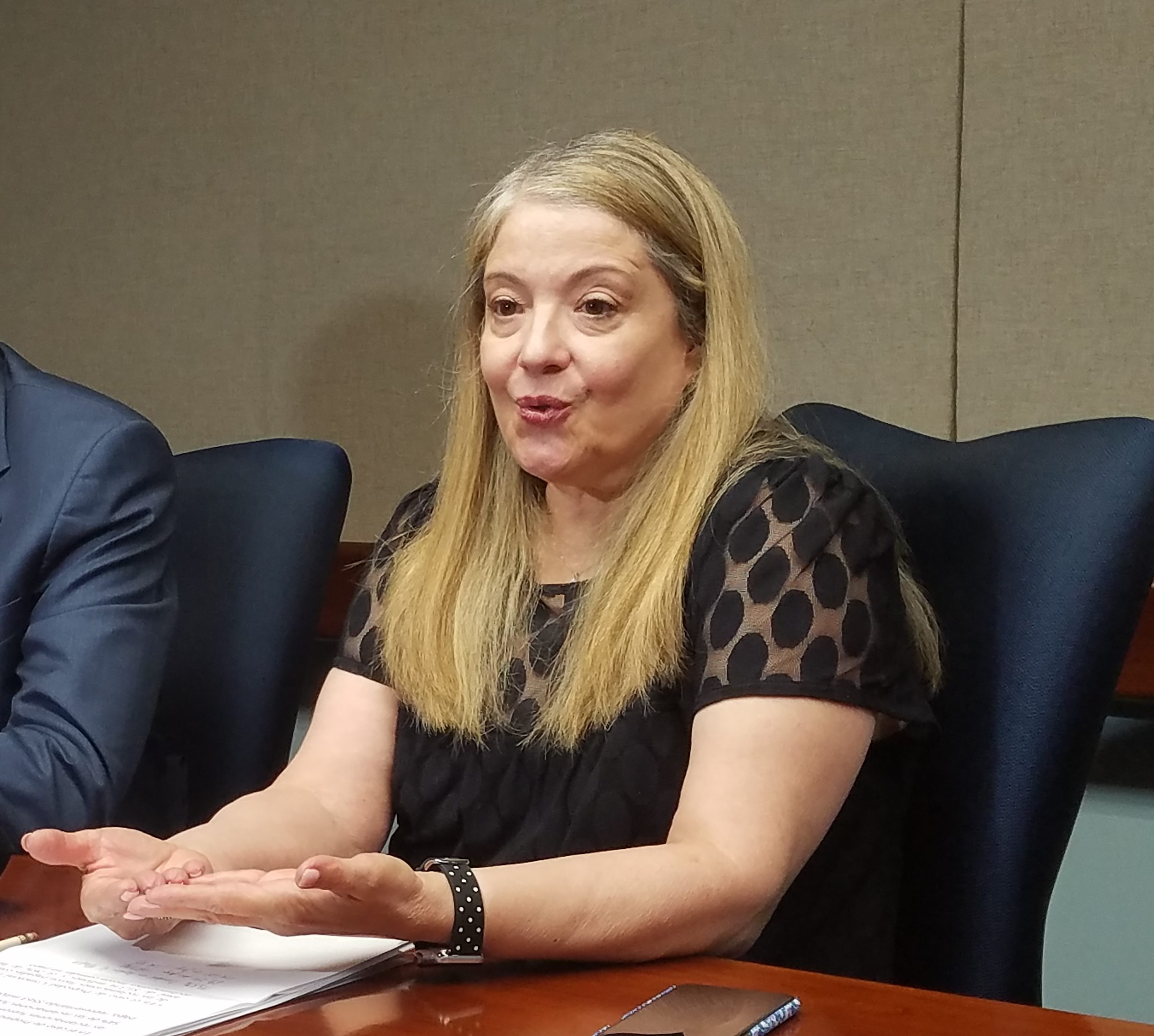Insurance sector creates $185M, 30K jobs for economy

Puerto Rico’s insurance industry represents $185 million in economic contributions to the government’s coffers and generates 30,000 direct, indirect and induced jobs, a study released Thursday shows.
The numbers are part of the “Impact of the Insurance Industry on the Economy of Puerto Rico,” study conducted by firm Estudios Técnicos which presents a profile of the sector and its contributions to the island, where the economy has been spiraling for the past decade.
With updated statistics of the entire industry, the study revealed that the sector pays $644 million in salaries to direct hires. Another indicator of the contribution of this sector is the premiums, which in 2015 exceeded $12.1 billion, industry executives said during a presentation Thursday.
“The contribution of insurers has a social component, and it would be very difficult for many people to assume income and property losses caused by unforeseen events and natural disasters,” said Iraela Pernas, executive director of the Puerto Rico Association of Insurance Companies, known as ACODESE in Spanish, which commissioned the study.
“Similarly, in the area of health, insurance companies cover 92 percent of the population that otherwise would not have the ability to cover health care costs,” she said.
The study also shows that between 2012 and 2015 the insurance industry increased its share in the Gross National Product by 33 percent, with which it increased its contribution from 1.1 percent to 1.7 percent.
In its role of managing the exposure and vulnerability of institutions and citizens to various risks, insurance companies serve more than 3 million people just in the area of health, not counting citizens who have covered life, property and casualty, the study showed.
The insurance industry is one of the few that is mainly composed of local companies, which means thay are more likely to invest their capital locally and thereby promote economic activity and create jobs, Pernas said.
In total, there are 372 companies licensed to issue insurance policies, with health and disability generating the most activity, with 75 percent of total premiums.
However, the insurance industry is facing challenges that affect their performance as the economy suffers. Among those problems are, the reduction in premium subscriptions from 2011 to 2014, which could be higher depending on the fiscal situation and austerity measures that impact the economy. It will also affect the continuing loss of jobs projected, the study showed.
In the area of health insurance, the study notes as adverse factors reduced funding for Medicaid and Medicare; the imposition of the Premium tax of 1 percent locally and the Health Insurance Provider Tax of 2.3 percent; and the incomplete implementation of the Affordable Care Act.
Regarding the Health Insurance Tax, for which insurers paid $140 million in 2015, it is projected to reach $1 billion in 2019, the trade group said.
“The economic challenges faced by the insurance industry have been serious, particularly in the area of health insurance. This can be seen clearly reflected in losses of $70.3 billion reported in the sector in 2014,” Pernas said.
“The slight improvement seen in 2015, is due almost exclusively to the paradigm shift in the government health program,” Pernas added.
Migration is also an adverse factor.
“One consequence of emigration has been to accelerate the transition to an older population because half of the people who migrate are less than 25 years old,” said Economist Joaquin Villamil, CEO of Estudios Técnicos.
“This aging population will impact the industry,” he said.
To create an environment more suited for competitiveness, the study makes several recommendations, including: eliminating legislation that extended the benefits of the Affordable Care Act without providing the industry with subsidies, and promoting legislation at the federal level to eliminate the application of the Health Insurance Tax on the island, as well as seek parity in Medicaid and Medicare funds, the group said.











